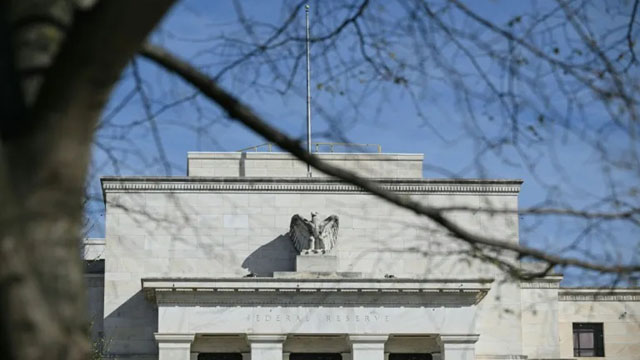News Flash
News Flash

WASHINGTON, March 27, 2025 (BSS/AFP) - It seems "inevitable" that Donald Trump's tariff plans will push up near term inflation, although the increase could be short-lived, a senior Federal Reserve official said Thursday.
Since returning to the White House, Trump has threatened tariffs on top trading partners -- including China, Canada, and Mexico -- only to roll some of them back, sowing confusion among investors and political leaders.
He has also imposed duties of 25 percent on the import of steel and aluminum, announced a 25 percent tariff on imported cards, and plans to introduce more tariffs next week.
"It looks inevitable that tariffs are going to increase inflation in the near term," Boston Fed President Susan Collins told an event in Boston.
"If it's a price level increase that should feed through into inflation relatively quickly," said Collins, who is a voting member of the Fed's rate-setting committee this year. "And then over time, the underlying inflationary forces would then kick in."
"And so my baseline outlook is more in that context," she continued, adding that if there were additional rounds of tariffs, or if they were more broad-based, then the inflationary impact could be "more persistent."
Collins' comments echo those of her Fed colleague and St. Louis Fed President Alberto Musalem, who also has a vote on the US central bank's rate-setting committee this year.
On Wednesday, Musalem argued that tariffs would likely have a direct, time-limited increase on prices, and another indirect effect, which could have a "more persistent" impact on inflation.
His staff at the St. Louis Fed estimated that the total boost to inflation could be as much as 1.2 percentage points -- a significant increase given that inflation remains stuck above the Fed's long-term target of two percent.
The Fed has a dual mandate to tackle inflation and unemployment, which it tackles primarily by raising and lowering its key interest rate.
If inflation remains stuck above the Fed's target and the labor market remains relatively healthy, the Fed could be forced to pause rate cuts for longer, which would keep the cost of borrowing for both consumers and businesses elevated.
Consumer confidence surveys have shown a sharp decline since Trump's return to office, with respondents flagging concern about the economic effect of tariffs, and fears about rising inflation.
Earlier this month, Fed officials penciled in two rate cuts this year, while raising their inflation outlook and cutting their forecast for economic growth.